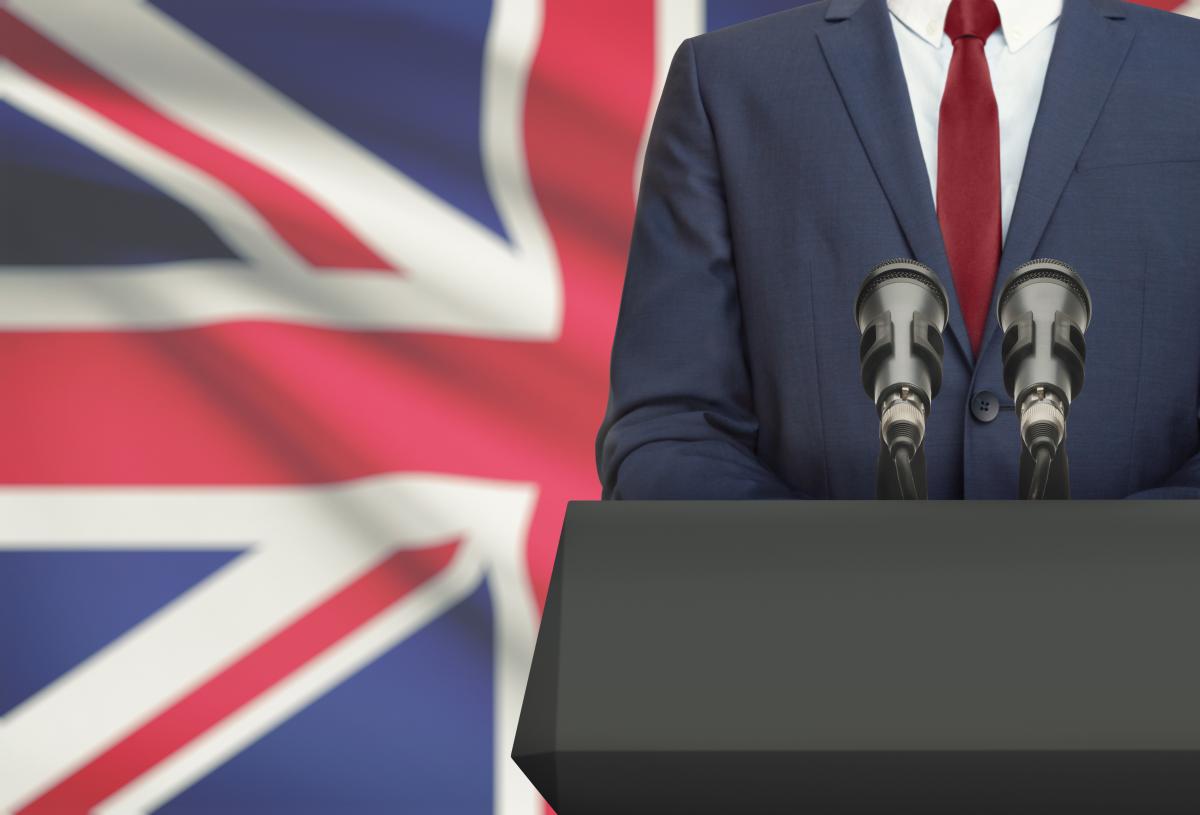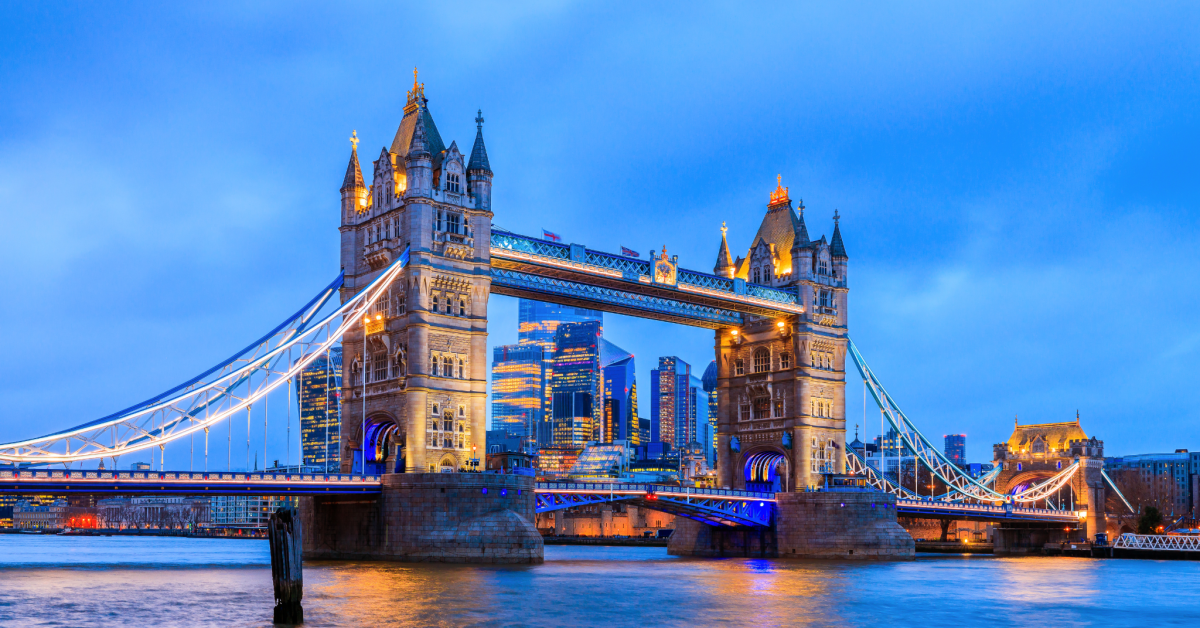Conservative Party Conference 2024
At a Glance
The EGA team was on the ground in Birmingham speaking to the leadership campaigns, Shadow Ministers, MPs, and activists about where the Conservative Party goes after July’s historic election defeat.
The conference was dominated by the leadership contest, with the four candidates jostling for face time with party members to promote their visions of the future.
What was the feeling on the ground in Birmingham?
Tugendhat baseball caps, Jenrick lanyards, Badenoch lapel badges and Cleverly portable chargers—this conference was surreal. The sheer scale of the defeat the Conservative Party suffered just short of 100 days ago meant most attendees approached Conference with a clear sense of trepidation. Despite the best efforts of the think tanks who hosted countless fringe events dissecting why the party had lost, EGA detected little appetite for this discussion.
Rather than a conference of introspection about how the party had gone from winning a majority of 80 seats to only having 121 MPs in the space of five years, the focus was instead on another election—the one to replace Rishi Sunak as leader. One former special adviser, now helping to run a leadership campaign, told EGA, “Honestly, right now all I care about is getting my candidate in the final two and that means being clearheaded about who our target audience is.” This sentiment was echoed by one former MP who said, “With the buzz of the leadership election, you would be forgiven for forgetting which party just got hammered at the ballot box.”
Despite operating in an echo chamber, there was a broader sense of self-awareness and humility. Shadow Ministers gave countless speeches promoting the merits of working with the Government in the national interest and not opposing Labour “for the sake of opposing.” Shadow Ministers even acknowledged in their speeches the cold reality that they are simply a temporary shadow operation, making engagement in serious policy debates neither plausible nor possible.
Coupled with a view that Labour have stumbled out of the blocks in their first few weeks in office, the mood amongst grandees, insiders, and activists alike was one of cautious optimism. However, the transition from government into opposition is difficult. Conservative politicians are no longer the center of attention and, as we saw following Iran’s attack on Israel, the media are understandably more interested in the actions and response of the Government. Amidst the posturing, there was of course a deep sense of sadness. Many party members are still processing the traumatic defeat in July’s General Election. The fact there were more former MPs wandering around the ICC than sitting ones only brought this reality home. Once the buzz of the leadership election has eased, the harsh reality of opposition will set in. The mood of this conference was more positive than many activists feared, but it remains to be seen how long that optimism will last, and how much cut-through the Conservative Party will have at its conference this time next year.
How did the leadership candidates perform?
The leadership candidates stalked the ICC in Birmingham with their entourages of supporters, activists, and campaign teams, dropping into as many receptions and events as possible. There was huge anticipation building towards Wednesday’s speeches by the four rivals at the conference. Efforts to woo party members were, of course, an important part of Conference, but pitches were also very much aimed at the candidates’ fellow MPs, who will determine whether they get onto the final ballot.
Kemi Badenoch
Billed as the frontrunner in the race immediately after the General Election defeat, Kemi Badenoch went into this conference in second place following the last round of MP voting—she has been somewhat outflanked on the right by Robert Jenrick. Badenoch sees herself as the “candidate of the right” in this contest, but those MPs naturally aligned to her have split in the initial rounds of voting. Her conference speech was filled with the usual messages about confronting liberal ideas head-on, even saying that “the system is broken.” Badenoch caused controversy on the opening day of Conference seemingly suggesting maternity pay has “gone too far.” This was followed by equally controversial comments implying that social care staff were unskilled and thousands of civil servants should be sent to prison. While these gaffes were seized on by her rivals, it has also been suggested to EGA that this is part of a deliberate strategy—to get media cut-through in a way the other contenders can’t, to get noticed in a way to counter Nigel Farage, and to appeal to the membership base. Many noted that there seems to be a coordinated effort amongst some MPs to conspire to keep Badenoch out of the final two who party members will vote on. It is feared by some in the parliamentary party that Badenoch’s abrasive style and “culture warrior” views will allow her to romp home to victory if the party membership is allowed to have its way, which may lead to the party facing another leadership election sooner rather than later.
James Cleverly
James Cleverly had a great conference. He arrived in Birmingham in joint-last position (with Tom Tugendhat) following the first two rounds of MP voting when they both got 21 votes. The Shadow Home Secretary knew he needed to deliver a strong performance and he rose to that challenge. His energy was palpable as he moved from event to event around the ICC with media cameras never far behind. Cleverly promoted his credentials as the candidate with the most ministerial experience, having served in two of the four great offices of state. This is both a blessing and a curse given that Cleverly was a core component of the Sunak Government which was so vehemently rejected by the British public. He is seen as a more moderate candidate than Jenrick and Badenoch but pivoted to traditional conversative language in his Wednesday speech, outlining his vision for a small state and lower taxes.
Robert Jenrick
Robert Jenrick began this conference in pole position having secured 33 votes in the last round of MP voting (5 votes ahead of Kemi Badenoch in second). The former Immigration Minister and Housing Secretary wants to position himself as the ultimate antidote to Reform UK and believes the Conservatives need to be “more Farage” than Farage himself. Jenrick needed to simply keep up his campaign’s momentum throughout this conference but hasn’t been able to escape from controversy. There are concerns about his credibility given his history as a more moderate politician. Some suggest he is turning to the right to appeal to party members, but if he wins the leadership he will go back to the center ground. Jenrick’s campaign has also raised questions of integrity. He is criticized for donations he has received and a campaign video in which he claimed that British special forces had carried out extrajudicial killings of terrorists because soldiers thought suspects would not be prosecuted in Britain because of European Convention on Human Rights (ECHR) legislation. Tom Tugendhat called these comments “upsetting” and “a lie.” In his conference speech Jenrick focused on taking radical action on a whole range of policy areas, including illegal migration and net zero. Most controversially, Jenrick used the conference to double down on his belief Britain should pull out of the ECHR, which is an issue that divides MPs. Despite this, Jenrick will go into next week’s vote with confidence after an assured conference performance.
Tom Tugendhat
Tom Tugendhat was one of the “long-shot” candidates going into this leadership contest. His campaign has grown in confidence in recent weeks with the former Security Minister developing into a surprising favorite amongst the party faithful. Buoyed by a strong comeback performance in the last round of MP voting in September, Tugendhat’s campaign has gone from strength to strength, gaining momentum during this conference. Tugendhat has built his brand around the need to “rebuild trust.” He used his speech on the main conference stage to warn against his party becoming Reform UK. But when it came down to it, he was always going to need an immensely strong conference performance to have any chance of making the final two. A comparatively underwhelming speech on the final day will come as a disappointment to Tugendhat supporters. Despite promoting some interesting policy ideas and representing a different brand to the other candidates, it is difficult to see “Team Tom” progressing much further in this contest.
Whilst the entire landscape of the leadership contest will change next week after another round of MP voting, the general consensus from this conference is that Tugendhat and Cleverly have momentum going into next week. The two top candidates from the early rounds of the contest—Jenrick and Badenoch—lost some momentum in Birmingham and left the door ajar for one of the other two candidates (likely Cleverly). All is very much still to play for.
What happens next?
Parliament will return on Monday and the 1922 Committee is wasting no time in progressing the leadership campaign. Conservative MPs will conduct a third round of voting on Wednesday next week (October 9)—where one candidate will be eliminated—and a final round on Thursday (October 10) to whittle it down to two finalists. These final two candidates will go to a ballot of qualifying party members.
The final result is scheduled to be declared on November 2, just three days after Rachel Reeves will deliver the Labour Government’s first Budget, meaning the old guard of Sunak and Hunt will be on the frontbenches to respond for the Opposition.
Materials presented by Edelman Global Advisory London. For additional information, reach out to Mohammed.Hussein@EdelmanEGA.com



